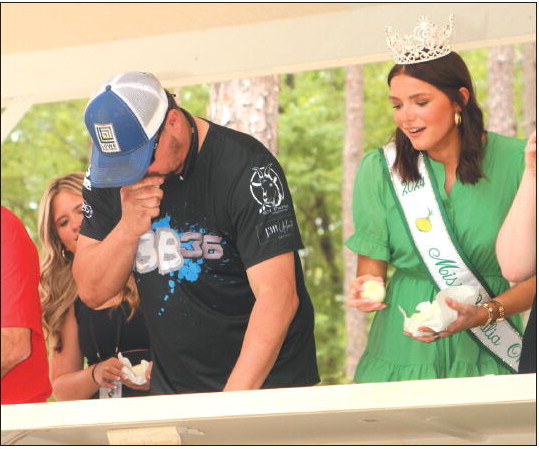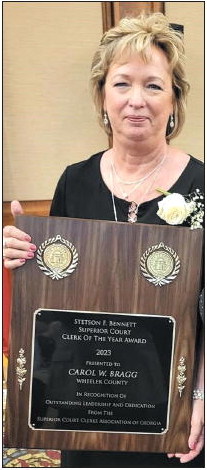ask


If you have a question for Ms. Magnolia, please mail it to P.O. Box 669, Vidalia, GA 30475, or e-mail to msmagnoliaadvance@yahoo.com.
Ms. Magnolia
Dear Ms. Magnolia, My sister-in-law hit me one day when she had been drinking, and my relatives keep telling me to “turn the other cheek” and forgive her and not report her. What does “turn the other cheek” really mean? She hits her children, too. She leaves bruises and cuts. What should I do? I consider myself a Christian and believe in forgiveness, but what about her children? Worried
Dear Worried, The duty of every compassionate person is to defend the children and to report those who abuse or bully anyone. Anyone who is not capable of protecting themselves should be helped by someone stronger, so go ahead and report this abuse and protect the children.
The term “turn the other cheek” is another matter. Religious leaders differ on its meaning. Some suggest that it means to just accept abuse and be “submissive.” In the Christian Bible, Jesus says, “. . .whosoever shall smite thee on thy right cheek, turn to him the other also” (Matthew 5:39 KJV).
My pastor says the verse specifi cally refers to someone being hit on “the right cheek,” meaning that a right-handed aggressor would have to hit him backhanded to hit his right cheek, a demeaning insult in Jesus’s time and today. Jesus advises that the person who was hit should then turn his head to put his left cheek forward, standing up as an equal, daring to be hit again. Turning the other cheek instead of striking back or cowering takes courage and is called passiveresistance. WARNING: As with every proverb or parable, this one was illustrating a specific idea at the time
and was not meant to apply to every physical altercation.
Letters have been edited for length and clarity.






